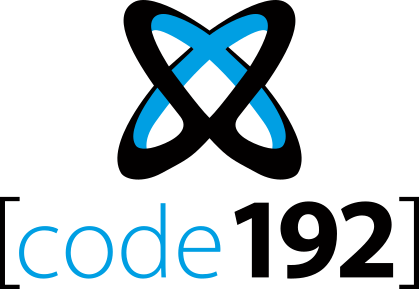Introduction
The Gantt Widget represents the time span of a series of events (work orders, shifts, machine states, …) happening in parallel on a series of “Tags” (equipments, production lines, …).
Time is represented on a X axis, and the events’ time span is represented as shapes spanning the desired duration.
Tags are separated by different labels on the Y axis, each one corresponding to a row on the visualization.
The following fields are available for configuring data binding on a Gantt :
- Tag : represent separation between events happening in parallel. Tags are represented side-by-side in different rows.
- Start : the start date of the events
- End : the end date of the events
- Info : additional information to display in the tooltip
- Event : allows to group several events with the same color
- Split into many widgets : allows to create many sub-widgets dynamically
Tag
This is basically a series used for separating events happening in parallel, and displaying them side-by-side.
This field cannot be aggregated : it must have several separate values in order to create several separate series.
This field is required.
Start
This must be a date/time value representing the start of the events.
If the value is
NULL, then it means we don’t know when the event started, and the event starts at the beginning of the row :This field cannot be aggregated : it must have several separate values in order to create several separate events.
This field is required.
End
This must be a date/time value representing the end of the events.
If the value is
NULL, then it means we don’t when the event will end, and the event ends at the end of the row :This field cannot be aggregated : it must have several separate values in order to create several separate events.
This field is required.
Info
This allows to add additional text information inside the tooltip.
This field is optional.
Group By : Event
This allows to group several events in the same row or across rows, by allocating a color and displaying it in a legend.
This field cannot be aggregated : it must have several separate values in order to create several separate groups.
This field is optional.
Without grouping by Event :
With Events grouped :
Group By : Split into many widgets
This represents the series field used to generate a different contained Gantt for each different value in this field.
This allows to create many sub-widgets dynamically.
This will turn the widget into a container, and generate a complete different chart for each value in the series field, contained in the Widget.
The layout of the charts inside the container is configurable.
Please see the corresponding chapter to configure the view of the Widget container.
This field cannot be aggregated : it must have several separate values in order to create several separate series.
This field is optional.













Post your comment on this topic.